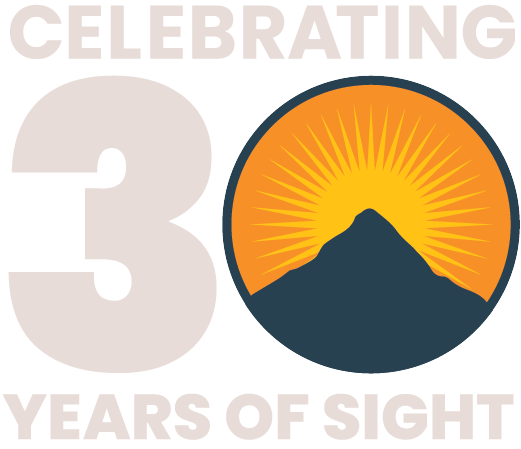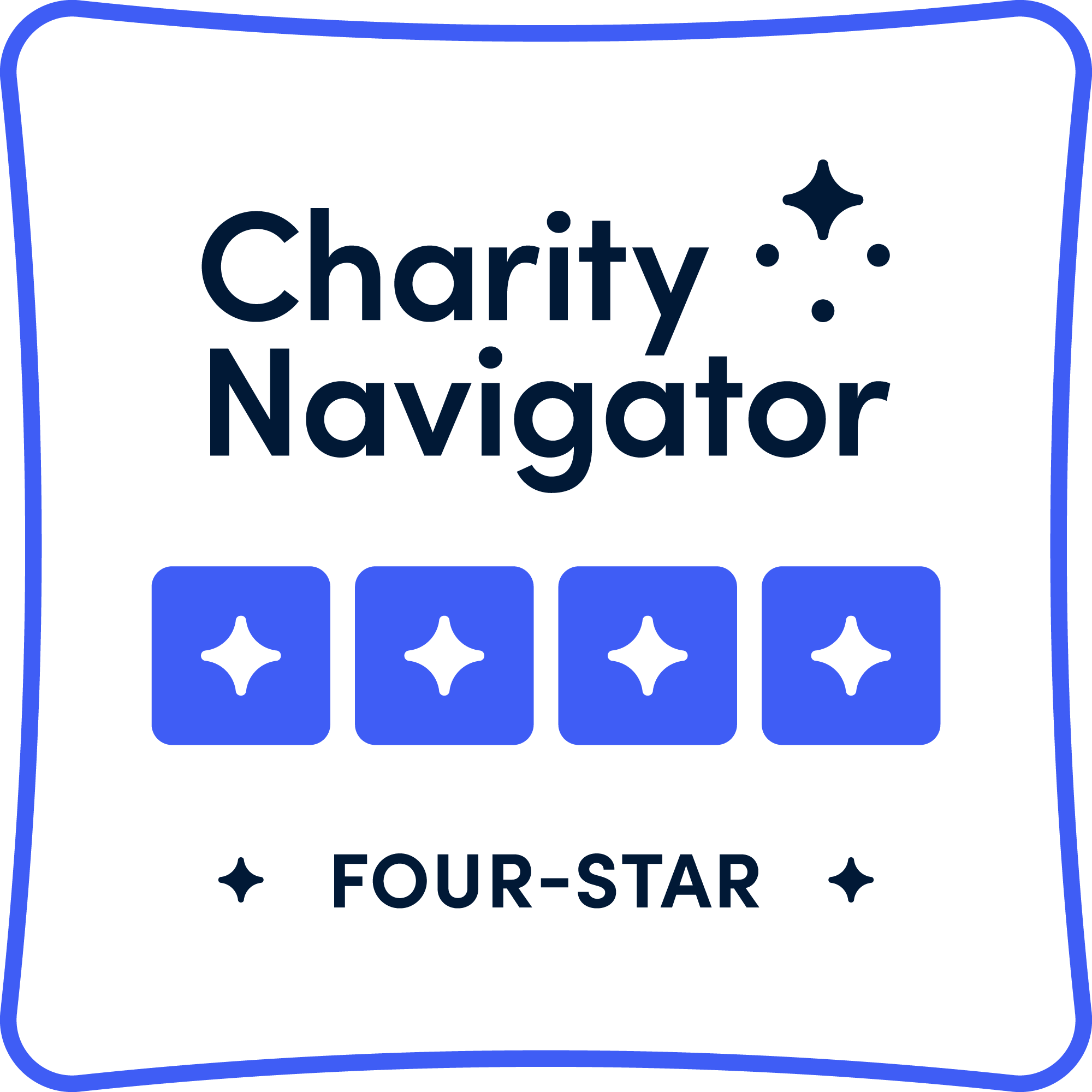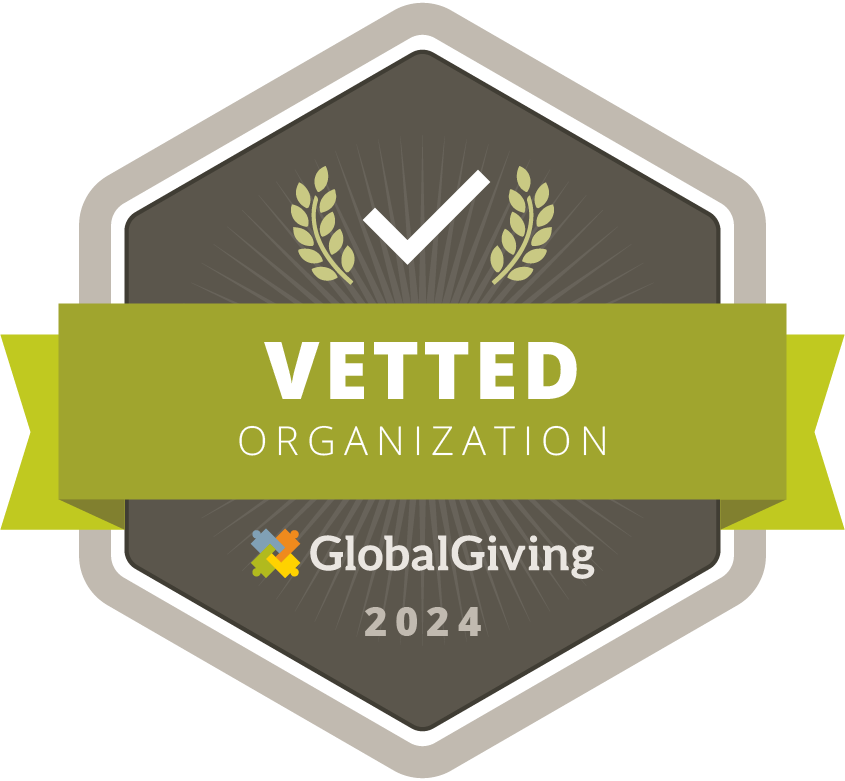Training Expands Capacity for Eye Care in Ethiopia
For a fourth year, Cure Blindness Project is helping expand eye health capacity in Ethiopia by training ophthalmic nurses and optometrists. Forty-three eye health professionals, working across the primary, secondary and tertiary eye care facilities in the Sidama region, participated in the multi-day learning recently hosted at Hawassa University. Instruction was led by Cure Blindness Project volunteer Dr. Audrey Rostov, a highly-respected cornea, cataract and refractive surgeon from Seattle.
“Dr. Rostov’s expertise and generous donation of time and talent allows Cure Blindness Project to work with in-country partners to hold such training,” explains Dr. Ashiyana Nariani. Nariani serves as Cure Blindness Project’s Senior Technical Advisor for ophthalmic training and research. “This training is essential to level up Ethiopia’s capacity by having skilled nurses and optometrists on the front line of eye health.”
Lessons from the 3.5-day training included the identification, management and referral of corneal diseases, cataract, glaucoma and diabetic retinopathy.
“The participants were enthusiastic and excited to hone their skills and to be able to immediately put them into practice,” says Dr. Rostov. “That’s what’s so important about trainings like these. They have an immediate impact on communities and eye health.”
Whenever a patient encounters any eye health condition, they reach out to the nearest primary eye care unit (PECU) in anticipation of early relief and care. However, the ophthalmic nurse and/or optometrist at the PECUs face many challenges in diagnosis and management of patients due to limited knowledge, skills or equipment.
By training ophthalmic nurses and optometrists to act as the front line providers for eye care, it allows patients to receive time-sensitive care quickly and prevents many treatable conditions from progressing to blindness. It also frees up more specialized eye health professionals to concentrate on other cases.
The concept of task shifting and sharing has widened many horizons in expanding the outreach of care in healthcare systems globally. With the growing burden of blindness in Ethiopia, the need for incorporating task shifting and task sharing will make eye health more accessible, available, and affordable.
Eye disease remains a major burden on Ethiopia’s eye health system with cataracts (49.9%) remaining the top cause of avoidable blindness. Other leading causes of blindness in Ethiopia are trachoma (11.5%), corneal opacities (7.8%), refractive error (7.8%) and glaucoma (5.2%).
“The need for preventative, curative and rehabilitative solutions for these diseases constitute the primary priority of the eye health task force,” explains Shaifali Sharma, Director, Primary Care. “Unfortunately, the growing burden of patients at the secondary and tertiary care levels, limits the ability of specialized care where it is most needed.”
This training in cornea care, cataract, glaucoma and diabetic retinopathy refreshed knowledge and skills to strengthen their ability to correctly diagnose, manage and refer patients. They now are able to better identify corneal diseases, cataract, glaucoma and diabetic retinopathy. This training will allow for immediate care and counseling to patients with sight threatening conditions and help ophthalmic nurses and optometrists understand the pathways and maximum threshold for referrals.






